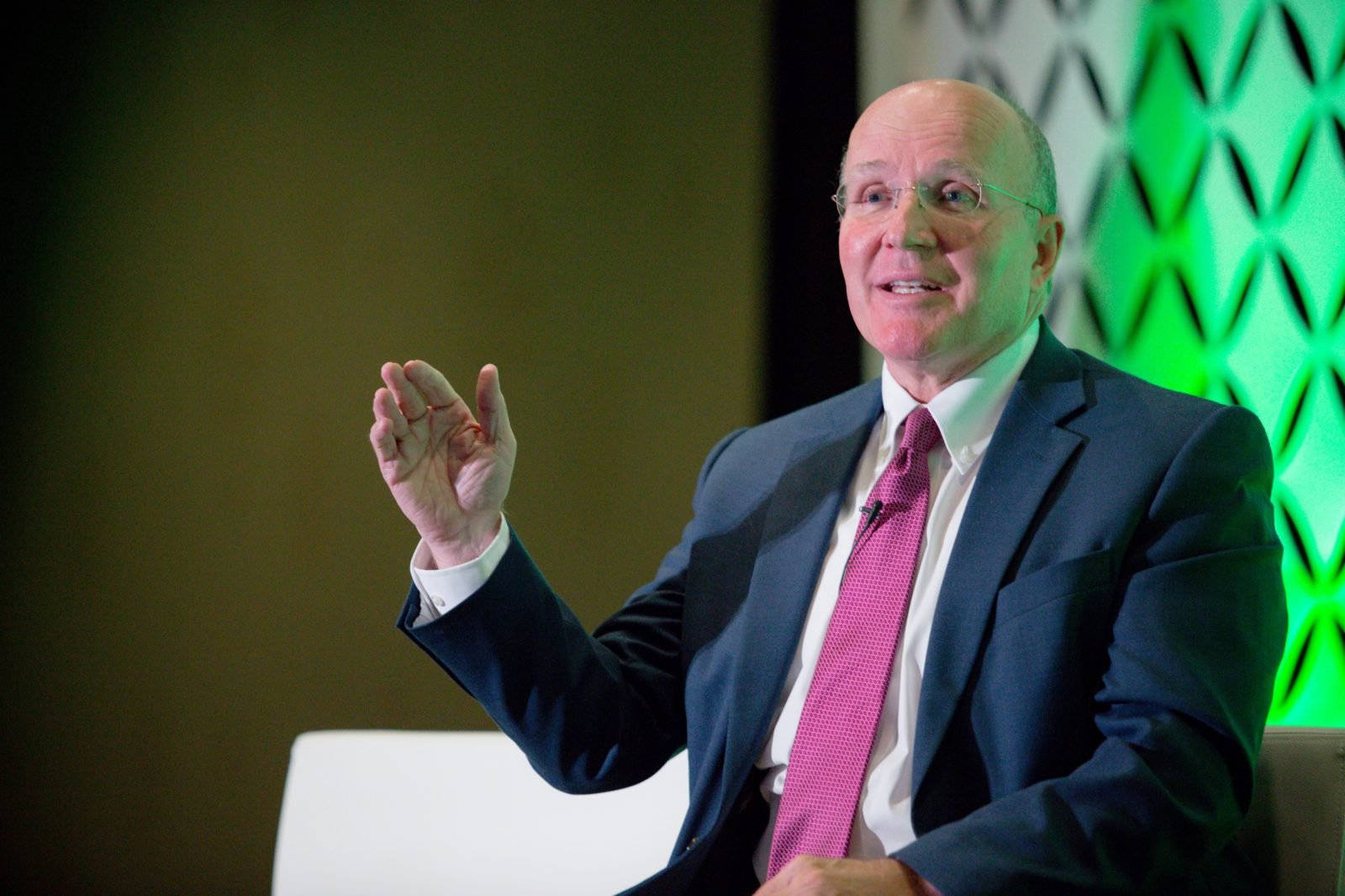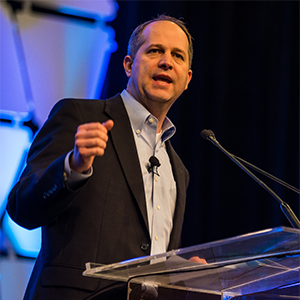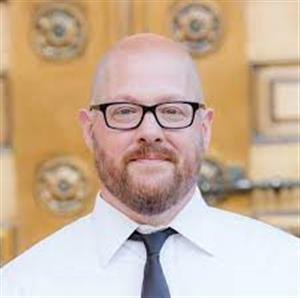Ron and Ed welcomed Cato Institute's vice president for international studies and director of its Center for Global Liberty and Prosperity, Ian Vasquez. Among other topics, they discussed the latest Human Freedom Index, of which Ian is a co-author. For those of you unfamiliar the Human Freedom Index presents the state of human freedom in the world based on a broad measure that encompasses personal, civil, and economic freedom. Human freedom is a social concept that recognizes the dignity of individuals and is defined here as negative liberty or the absence of coercive constraint. Because freedom is inherently valuable and plays a role in human progress, it is worth measuring carefully. The Human Freedom Index is a resource that can help to more objectively observe relationships between freedom and other social and economic phenomena, as well as the ways in which the various dimensions of freedom interact with one another.
A Bit More About Ian Vásquez…
Ian Vásquez is vice president for international studies at the Cato Institute and director of its Center for Global Liberty and Prosperity. He was a weekly columnist at El Comercio (Peru) from 2014 to 2020, and his articles have appeared in newspapers throughout the United States and Latin America. Vásquez has appeared on CNBC, NBC, C-SPAN, CNN, Telemundo, Univisión, and Canadian Television, as well as NPR and Voice of America, discussing foreign policy and development issues. He received his bachelor’s degree from Northwestern University and his master’s degree from the School of Advanced International Studies at Johns Hopkins University. He is the coauthor of the Human Freedom Index, editor of Global Fortune: The Stumble and Rise of World Capitalism, and coeditor of Perpetuating Poverty: The World Bank, the IMF and the Developing World. He has testified numerous times in the U.S. Congress on economic development issues. Vásquez has been a term member of the Council on Foreign Relations and is a member of the Mont Pèlerin Society.
Use these show notes to follow along with the audio:
Segment one:
Now in the 8th edition, the Human Freedom Index is the only global measurement of economic, personal, and civil liberties of its kind. More here: https://www.cato.org/search/category/human-freedom-index
How do you define freedom in the with respect to the Human Freedom Index? The goal of the Cato team is a quantifiable measurement of freedom. In this case, freedom is defined as the absence of coercive constraint. https://www.cato.org/search/category/human-freedom-index
94% of the world’s population saw a decline in freedom based on the 2023 Human Freedom Index. COVID-19 was a significant factor in this measurement.
The United States dropped 7 places to number 23 in the most recent Human Freedom Index. It’s hard to tease out the exact reasons given how fresh the data is. As an example, freedom of movement suffered greatly as an example.
Segment two:
The Human Freedom Index is co-published with Cato and their friends at the Fraser Institute. More here https://www.cato.org/search/category/human-freedom-index
As an example, Singapore has a high economic freedom ranking but the personal freedom score is a bit lower. Switzerland and New Zealand are number 1 and number 2. They rank high both on personal and economic freedom.
13% of the world’s population lives in the top quartile of freedom. 40%, the bottom quartile. 75% of the world’s population lives in the bottom half. This is really unequal distribution of freedom as measured by the Human Freedom Index report.
It is much more important to look at the inequality of freedom as opposed to the inequality of income or wealth distribution. Freedom is what Ian the the Cato team find to be more important when trying to gauge inequality across the world.
Segment three:
“Free speech recession” is a phrase that Ian has used a few times during the show today to describe the ever-receding rights of the human population across the globe.
The story of Hong Kong is a story of freedom and triumph. In the 19th century it was one of the poorest regions in the world. Through trade and economic freedom it became one of the most free (Human Freedom Index) places in the world. Of course, that has changed.
The control of the economy is the control of life itself.
The story of one of the great economic freedom successes can be found in Chile. They moved in the direction of a market economy. So why, in 2018, did they experience riots/violence and vote in a far left President who called for a new constitution? Ian addressed this today on the show.
Segment four:
Ian discussed Ukraine during segment four of the show today. He also penned “What I Saw in Kyiv in 2014” in February 2023 at this link: https://www.cato.org/blog/what-i-saw-kyiv-2014
The US has not come up with a good set of policies in dealing with the great challenge of international relations with China. “There are bad answers and less bad answers.”
Ron asked Ian about Cuba today based on this article, “Cuba’s Freedom Song” https://www.cato.org/blog/cubas-freedom-song
“There are no communists in Cuba. Nobody believes in the system.” —Ian Vasquez
A big THANK YOU to Ian Vasquez for joining us today. He is the co-author of the Human Freedom Index. More at this link https://www.cato.org/search/category/human-freedom-index
Bonus Content is Available As Well
Did you know that each week after our live show, Ron and Ed take to the microphone for a bonus show? Typically, this bonus show is an extension of the live show topic (sometimes even with the same guest) and a few other pieces of news, current events, or things that have caught our attention.
Click the “FANATIC” image to learn more about pricing and member benefits.



























